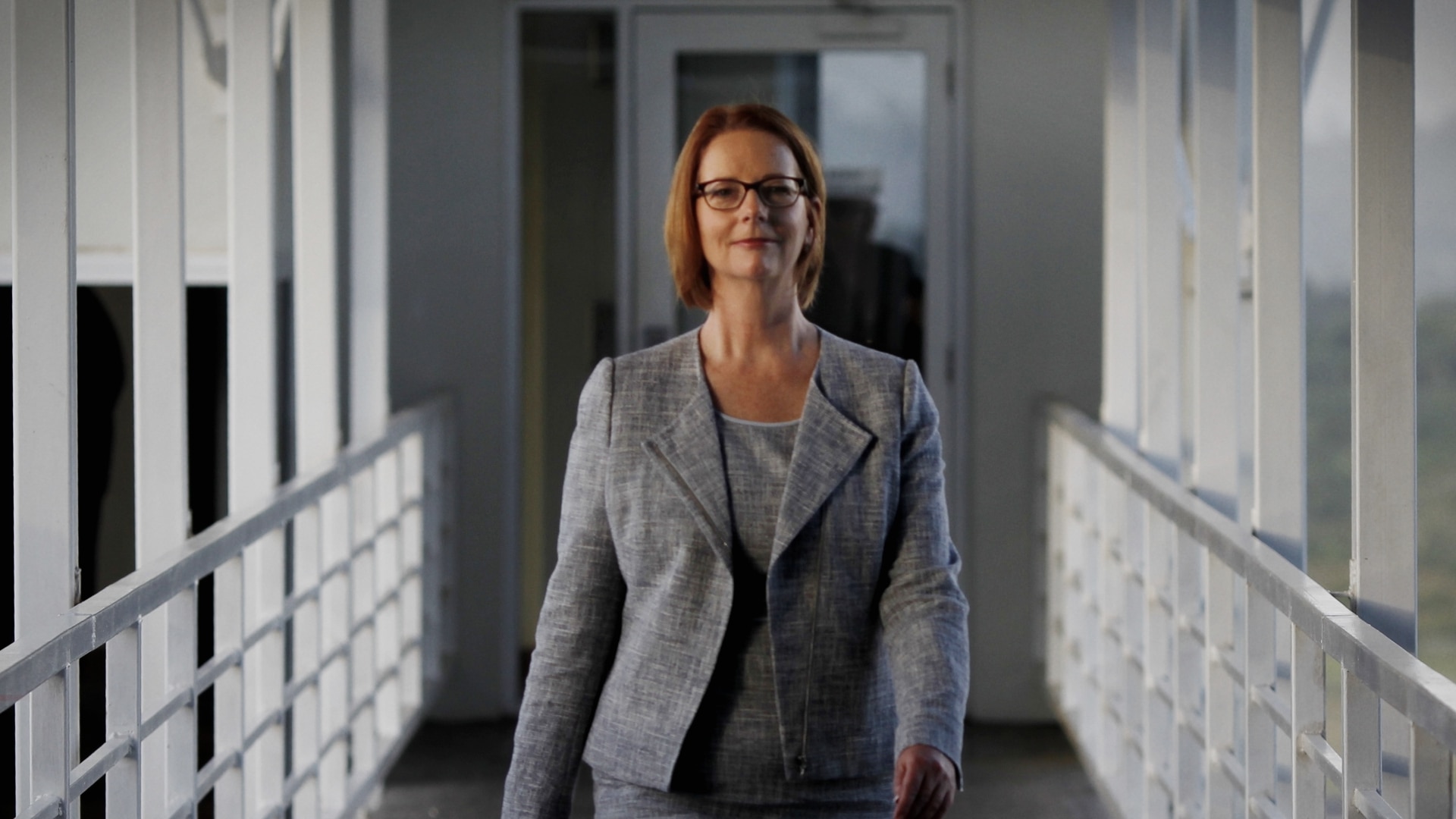In 2003 I finished up my PhD at ANU and jumped on a plane (and then the trans-Siberian express train) to make my way to Europe. Within a month of arriving at the University of Exeter, my mentor and I stumbled upon a newspaper article from the front page of the business section of The Times that claimed that women were ‘wreaking havoc’ on company performance in the UK biggest companies. Their evidence suggested that the more women on the boards of FTSE 100 companies, the worse companies tended to perform on their annual average share prices.
In response, we designed a archival study that demonstrates that the opposite is the case: poor company performance instead leads to the appointment of women into leadership positions.
From this study, the term ‘the glass cliff’ was born to describe the phenomenon where women (and members of other marginalised groups) are more likely to occupy leadership roles in times of crisis. The metaphor captures the increased risk and precarity of leadership when things are going badly: a sense of being up high, yet teetering on the edge.
Since then, a global body of research, including case studies, archival analyses, and experimental studies, demonstrates poor company performance leads to the appointment of women into leadership positions. The research has examined the precarity leadership positions in a wide range of contexts. Building on the original work in senior corporate leadership, the glass cliff has been demonstrated at all levels of politics, from council members, mayors, and members of parliament in poorly performing electorates, to Prime Ministers such as Theresa May and Julia Gillard. A racial glass cliff has also been found for coaches of sporting teams, such that Black coaches are more likely when the team has a poor winning record. Most recently evidence for the glass cliff has been found in the COVID-19 pandemic.

Experts suggested former British Prime Minister Theresa May was left standing on a glass cliff, because she reached a position of leadership at particularly precarious time. Picture: (EU2017EE) Estonian Presidency, CC BY 2.0, via Wikimedia Commons
We see the glass cliff as a relatively new and reasonably subtle form of prejudice that occurs once women start to shatter the glass ceiling. The increased scrutiny and risk of failure makes such positions likely to be stressful and sub-optimal. Indeed, research also describes a parallel ‘saviour effect’, such that once all is going well again, those on glass cliffs are replaced by more traditional leaders.
But that is not to say that glass cliff positions should be avoided altogether. Crisis situations may be seen by some women as opportunities. Indeed, there is evidence that gender stereotypes may lead to the perception that women have unique skills and abilities that make them particularly suited to dealing with crises. It may also be the case that women do not have the luxury of turning down a sub-optimal leadership position. Returning to the Theresa May example, it is likely that a Prime Ministership during Brexit was the best that she could hope for – she wasn’t in a position to wait around until a better opportunity came about, as Boris Johnson did.
But despite the potential opportunity, we argue that glass cliff positions may be seen as a poisoned chalice. Indeed, that the precarity of the glass cliff may contribute to the stagnation of progress towards gender equality and equal gender representation in positions of leadership. If women are less able to demonstrate leadership success, or are apportioned blame for negative outcomes evident before their appointment, this may reinforce the pernicious stereotypes that women are not suited to leadership positions.
Our more recent research has looked at the body of work as a whole suggests that while the glass cliff is robust, it is a complex phenomenon. It is highly dependent on circumstances, such as the broader social context, the nature and severity of the crisis, the resources available to overcome the crisis, and the previous leadership incumbent.
The nuances and complexities of the glass cliff suggest that it is unlikely to have a straightforward solution. However, the fact that the glass cliff is so dependent on context suggests that change is possible. We can design interventions to reduce the likelihood that members of underrepresented groups will continue to face the glass cliff, including the transparency of the precarious nature of the leadership role, ensuring that adequate resources are in place to deal with the crisis, and insuring that leaders are evaluated fairly during a crisis situation.
- Feature image from the SBS documentary “Strong Female Lead”/Supplied
The author of this article, Professor Michelle Ryan (bio below) is based at the ANU’s Global Institute for Women’s Leadership. Find out more about their work here.
Professor Michelle Ryan is the inaugural Director of the Global Institute of Women’s Leadership at the Australian National University. Her research into the glass cliff was named by The New York Times as one of the top 100 ideas that shaped 2008, and in 2016 the term “the glass cliff” was shortlisted as Word of the Year by the Oxford English Dictionary.





